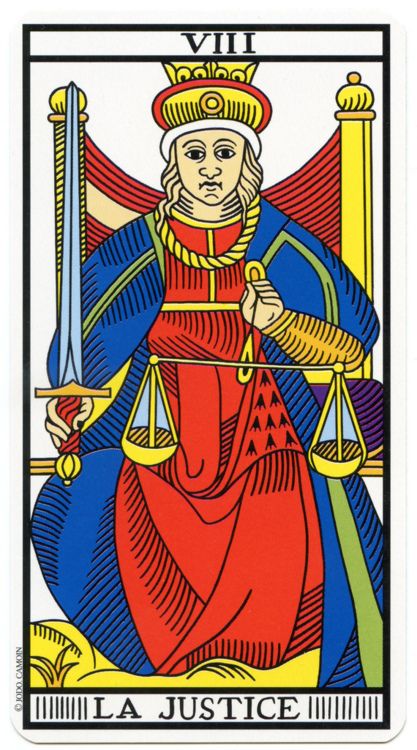Today everybody, when speaking of Human Rights, thinks of the Universal Declaration of Human Rights adopted by the United Nations in 1948, with its 30 articles. But this declaration took its name, the principle of its existence and several of its articles from the ‘Declaration of the Rights of Man and the Citizen’ established by the National Assembly of revolutionary France in August 1789. Prior to that there were other declarations of legal/constitutional nature specifying rights of men, notably the US Declaration of Independence (1776, co-written by Thomas Jefferson who also helped write the French Declaration), the English Bill of Rights (1689), the 1215 Magna Carta and even King Cyrus’ cylinder (539 BC) which proclaimed the freedom of the Babylonian people. But the French declaration, as the name indicates, was the first to be specifically concerned with the rights of the individual human being and put these at the centre of the political system.

